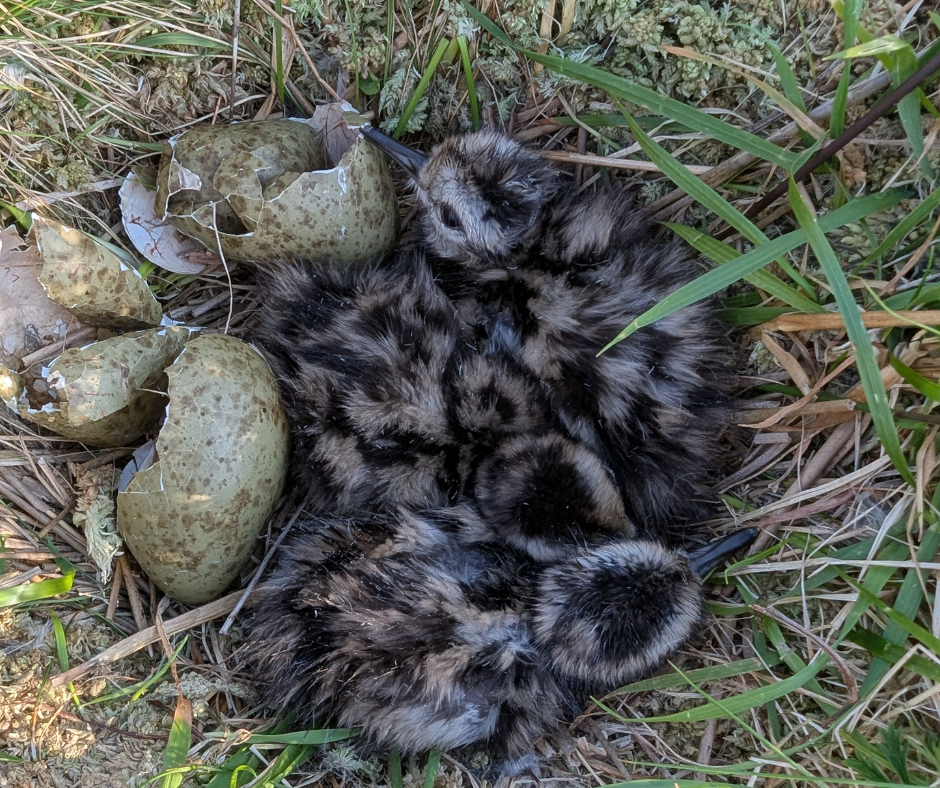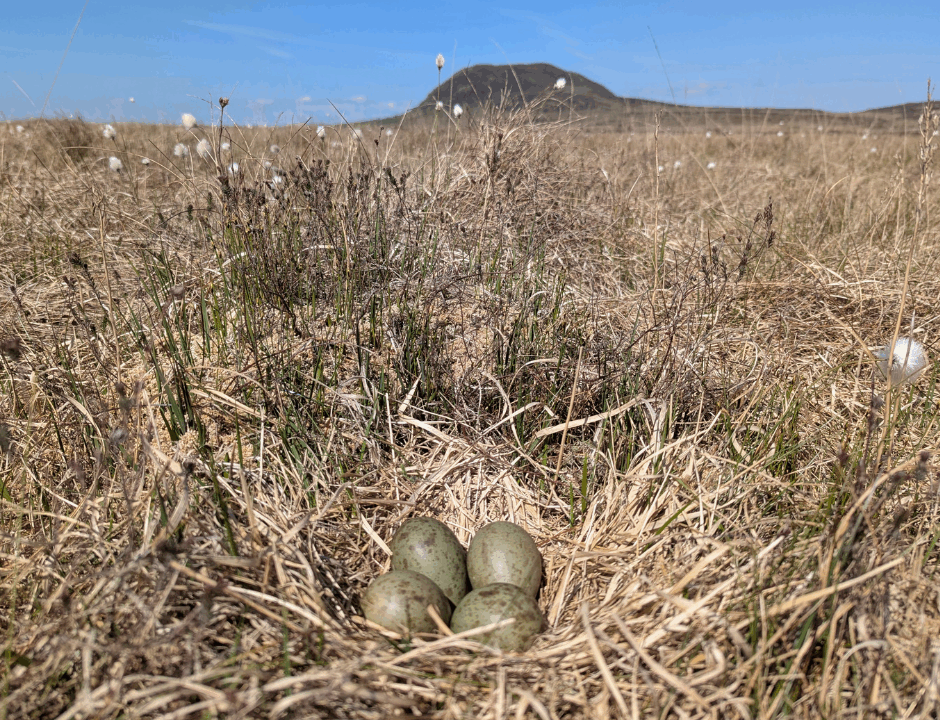The 2025 breeding season has brought plenty of positive news for some of Northern Ireland’s most threatened species of wading birds.
The Royal Society for the Protection of Birds (RSPB) NI staff and volunteers, working closely with local landowners and farmers, have been surveying, protecting and monitoring key species to ensure these birds have the best chance of survival.
Lapwings had their strongest year since 2017, with 32 pairs recorded across the sites. At least 26 chicks fledged.
This number is a testament to the work being done in the Antrim Hills, with various farmers installing lapwing fallow plots to allow the species to nest sufficiently.
Snipe numbers bounced back from a dip last year, reaching an impressive 243 pairs across the Antrim Hills.

This is just over a 20% increase from last year’s number, another testament to work being done in the area.
Stephen Magennis, RSPB NI Conservation Officer in the local area, said: “The 2025 breeding season in Glenwherry was a great success for breeding waders.
“For the fifth year, we’ve worked with over 100 supportive farmers to help curlew, lapwing, and snipe recovery through land access and habitat management.
“We’re looking forward to next year, where we’ll expand into Glencloy with three new monitoring officers.”
“However, we can’t ignore that nature is in trouble; we risk losing some of our most iconic birds, but it is only with help of our farmers and support from the Department of Agriculture like this that we can continue to turn things around.”
Curlew
Curlew, one of Northern Ireland’s most rapidly declining species, had another encouraging season in 2025.
A total of 45 pairs were recorded in the Glenwherry area. Of these, 21 nests were found, with 18 protected using temporary predator-proof fencing.
There was a total of 41 chicks produced, equating to a sustainable productivity figure of 0.91.
James Bonnar is a farmer in the Antrim Hills’ area, working alongside RSPB NI.
He said: “Every year we look forward to seeing the curlew returning to our fields.
“The noise over the last five years has become infectious with more and more curlew returning every year.
“It’s wonderful to see all the hard work that is being put into these birds and long may it continue.”
Farmers across the Antrim Hills are implementing targeted habitat management measures to support breeding waders, including fallow plots, rush control, and the creation of wet features.
These actions provide ideal nesting and feeding conditions for curlew, lapwing, and snipe, and are helping to reverse the decline of these iconic species.
Funded through agri-environment schemes, these efforts have been further strengthened by an Environmental Farming Scheme (EFS) Group Project, which facilitates ongoing advice and guidance from RSPB NI advisers.
These collaborative efforts are enhancing biodiversity and restoring priority habitats across the landscape, the RSPB NI said.
The birdlife organisation expressed its hope that, with the continued support of the farming community, further growth in wader populations will be seen in the Antrim Hills.

